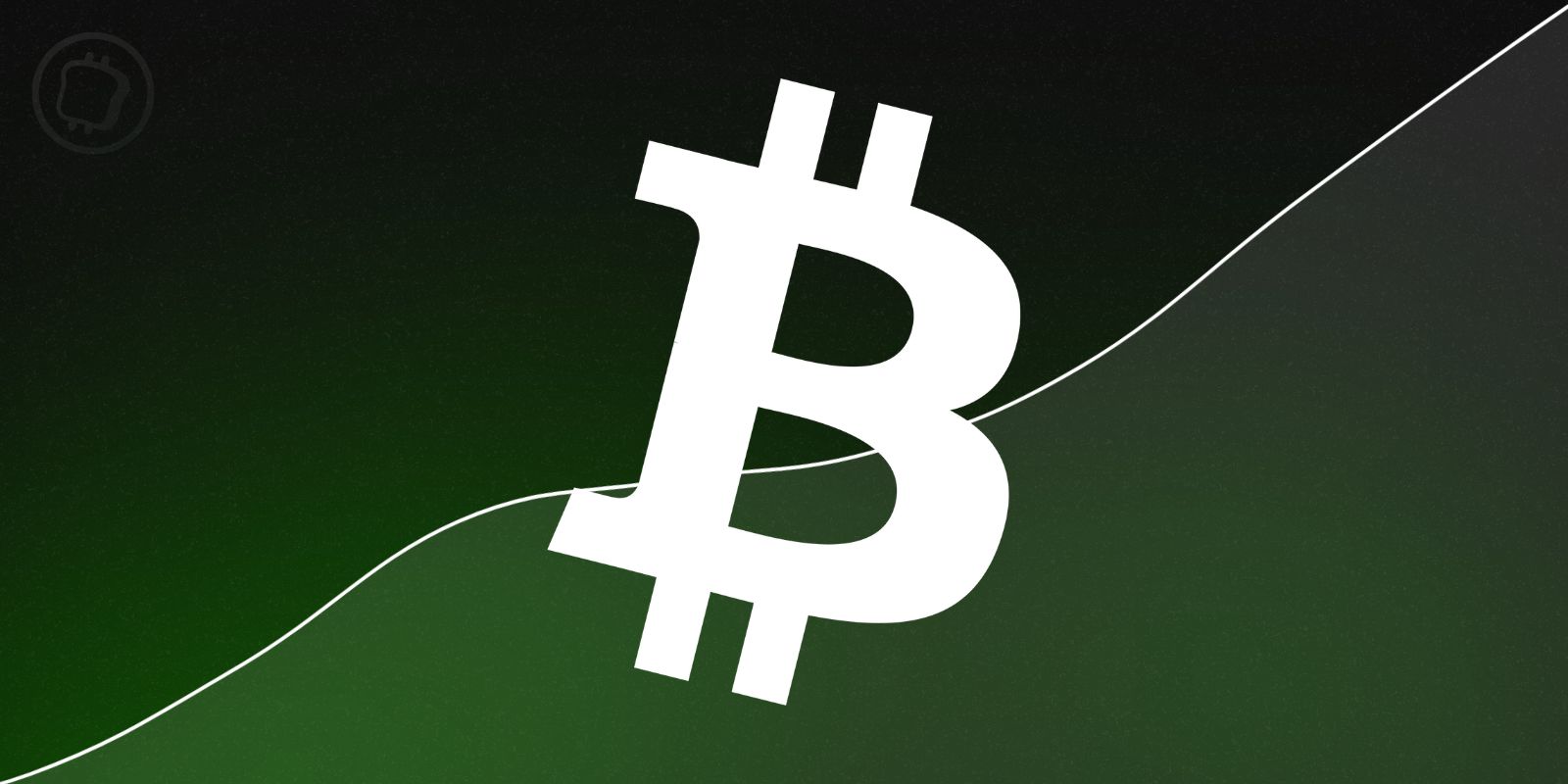APCIA members were then treated to a session from Hal Brands, Henry A. Kissinger distinguished professor of Global Affairs at Johns Hopkins University School of Advanced International Studies, on ‘What history tells us about great-power rivalry: America, Russia, and China’.
“The United States has been used to dealing with an international system that’s never been free of threat since the Cold War ended, but the fact that we’re back in an era where we worry a lot about high tensions with other great powers, and the prospect of conflict with other great powers, that’s a relatively new development for most of us who don’t remember the Cold War,” Brands told Insurance Business.
An expert on the Cold War, Brands uses learnings from history to help conceptualize the geopolitical and geo-economic risks that the US faces today. He believes that by looking at history, and the Cold War in particular, countries and businesses – including insurers – can gain a more textured understanding of how more intense international rivalries might present challenges for the US.
Read next: APCIA on making the UK insurance market more competitive for US insurers
“What we’re facing today is not new; it only seems unusual because we’ve had the benefit of living in an era where the great powers were mostly at peace with each other,” he said. “But that’s actually the exception rather than the norm. If you look at most of recorded history, it is characterized by competition, and sometimes conflict, between the most powerful countries in the world.
“Even though every competition is different, and every rivalry is different, there are challenges that recur from time to time. A lot of the things that the US had to do during the Cold War – like rallying a diverse coalition of countries to contain a dangerous enemy; managing the balancing act between competition and cooperation or negotiation; and thinking about how to forge long-term strategy… over a period of decades while also dealing with surprises and shocks that happen along the way – all of these things are just as relevant to US competitions with Russia and China today.”
One of the big differences between the Cold War and today is that there’s a far greater level of economic interdependence between the United States and its primary competitor. During the Cold War (1947-1991), there were relatively low levels of trade and cross-border investment flows between the US and the Soviet Union, but the opposite is true for the US and China today.
“That creates some pretty interesting challenges, because you’re dealing with a country that challenges US interests militarily, diplomatically, and technologically, but it’s also a destination for lots of American investment,” Brands explained. “China is also a major American trading partner, and it is important to the health of the global economy, so there’s a degree of complexity there, which was not necessarily the case during the Cold War.”
Brands believes the level of geopolitical risk “has been higher in recent months than it has been anytime in the last 30 years,” a trend which also creates lots of geo-economic risk. This has created a very challenging environment for insurance companies, especially those with international profiles.
“We’ve seen how the war in Ukraine is creating lots of disruption for the global economy, whether that’s with respect to energy, or food supplies, or a variety of other things,” said Brands. “There has also been more disruption caused by the breakdown of US-China relations, and so we’re starting to see partial decoupling of the US and Chinese economies in certain areas pertaining to technology, for instance.
“I think that’s going to continue, in part because I don’t see the Ukraine war ending anytime soon, and in part because I think the trend toward greater tensions in the US-China relationship is going to continue. And so, I think we’re going to have to get used to operating in an environment where the international economy is regularly disrupted by geopolitical tensions.”
Read more: APCIA backs US-developed aggregation method for group capital assessment
One interesting aspect of all this for insurance companies is the timing. While US-China relations have been unwinding for several years, Russia’s invasion of Ukraine came after two years of COVID-19 pandemic disruption, which caused economic strife worldwide. Following heavy stimulus packages to kickstart economies, many developed countries are now experiencing inflation, which is bad for insurers because they struggle to maintain strong investment yields and their bottom lines suffer.
“You had an international economy that was already primed for an inflationary shock, and then you add the Ukraine war, and spikes in energy prices, and disruptions in food supplies, and it creates kind of a perfect inflationary storm,” Brands told Insurance Business. “What we’re seeing is the intersection of transnational problems like pandemics, with more traditional geopolitical problems, like rivalry and war.”
There have been major geopolitical shocks to the international economy before, but Brands said it’s hard to say exactly what recovery from this current situation might look like.
“Even if we get a recovery from the shocks that have been created by the Ukraine crisis, or the lingering shocks from the pandemic, I don’t think it’s realistic to expect that we’re going to get a major upturn in US-China relations that would ameliorate some of the economic frictions that have resulted from that anytime soon. I just don’t see that happening anytime in the next decade, or perhaps beyond,” he said. “I think we’re going to be living in a period of greater economic turbulence in the coming years than we’ve experienced for the past few decades.”












